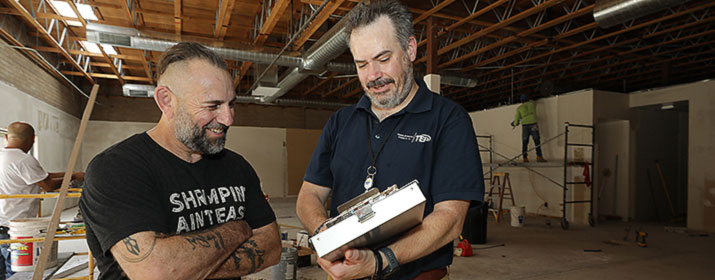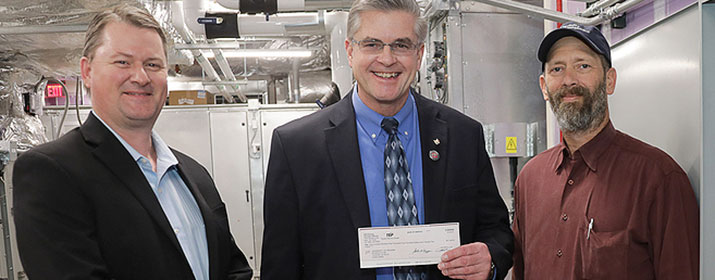
The Better Business Bureau Serving Southern Arizona and Tucson Electric Power are teaming up to help customers avoid rooftop solar scams and unfair practices that generate problems rather than savings for consumers.
Although reputable solar installers can help customers achieve both financial and environmental benefits, others are aggressively marketing systems that fail to deliver on their promises.
Some installers have filed for bankruptcy or closed, leaving stranded customers with questions, technical needs, or in some cases, systems that weren’t working. In other cases, customers have been talked into too-large rooftop solar systems and asked to commit to projects without written copies of terms and conditions.
Saguaro Solar, a solar installer accredited by the Better Business Bureau (BBB), offered this advice to consumers.
“Residents should get more than one estimate,” said Doug Vernon, a co-owner of Saguaro Solar. “If your first proposal for new rooftop solar comes from a door-to-door salesperson, we recommend asking for at least two additional proposals from reputable installation companies, preferably those familiar with TEP’s rate plans and requirements.”
See the release here and read on for some common claims scammers might make to trick customers.
Scammers say: TEP does not support rooftop solar.
The Truth: We’re committed to helping customers with their energy goals, including adding new solar installations.
When customers make the decision to install their own solar systems, we take steps to make sure it’s done properly so they can safely connect to the TEP grid. Local installations have grown dramatically in recent years, with record growth in 2021 and 2022, and strong interest continues. We have an entire department committed to helping our customers complete their installations.
Rooftop arrays alone, however, can’t produce the amount of energy needed to power our region. So while we’re happy to help customers who want to install systems of their own, we rely on cost-effective community-scale systems to help us maintain affordable service for everyone, including customers who want the benefits of cleaner energy but can’t install their own private system.
Scammers say: TEP has hired our company to go door to door.
The Truth: We collaborate with local installers to accomplish our mutual customers’ goals, but we don’t endorse any particular companies or enter into formal partnerships.
Beware of companies that claim to work on behalf of TEP or be a “preferred” contractor.
It’s important to do your homework before committing or signing a contract. Find some helpful tips for choosing a solar company with experience and integrity. There are also some suggested questions to ask prospective solar installers before you hire one.
Scammers say: You won’t get any more TEP bills once you install solar.
The Truth: Although you should expect lower bills thanks to your solar energy production, you will still get a bill from TEP to pay for ongoing use of our local energy grid.
Customers with solar still depend on TEP for reliable power around the clock and after the sun sets.
Even when the sun is shining and solar panels are producing power, our grid provides voltage stability and other ancillary services necessary to support reliability while either providing or absorbing energy as needed.
Solar customers generally enjoy lower bills, since they provide some of their own energy. TEP also pays for any extra energy their systems produce at a rate that remains fixed for 10 years before resetting to match market energy costs. This rate is lower than TEP’s retail energy rate because our energy rates also must recover the costs we incur to deliver reliable service. These payments are subtracted from the amount owed on each month’s bill.
Scammers say: TEP raises its rates every year.
Fact: The Arizona Corporation Commission (ACC) periodically resets TEP’s rates after a public review of the investments we’ve made to support safe, reliable service. Our most recent base rate increase took effect in September 2023, more than two and a half years after a previous base rate increase took effect in January 2021.
Our bills also include surcharges that can increase or decrease annually to reflect changing costs. This year, TEP residential customers have been saving about $10 per month, on average, thanks to surcharge changes that took effect in June. Additional savings of nearly $6 per month were realized in June and July due to the temporary reduction of another surcharge.
While it’s reasonable to expect that TEP’s rates will rise in the future, be careful about sales pitches that overstate historical increases. TEP’s residential electric rates have increased 1.9 percent per year, on average, over the past 25 years. That’s less than the average annual inflation rate over that time, which was 2.5 percent. So TEP’s rates haven’t risen as much as other prices.






